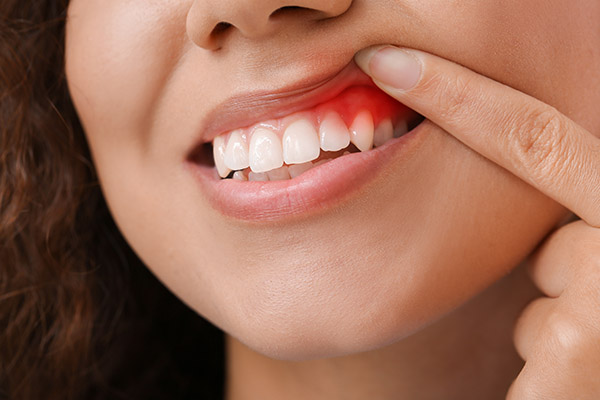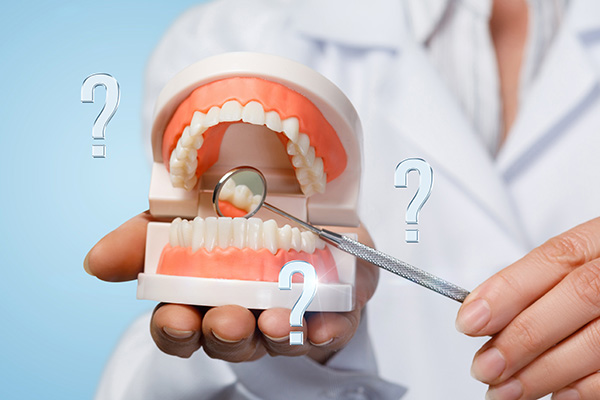 You need to have a checkup at a dental practice every six months. This is when a hygienist cleans your teeth to remove any buildup of plaque and tartar. This is also the time when a dentist does an oral examination, looking for things like cavities, gum disease, and even oral cancer. However, during regular visits, a dentist also spends time educating patients about the prevention of certain risks.
You need to have a checkup at a dental practice every six months. This is when a hygienist cleans your teeth to remove any buildup of plaque and tartar. This is also the time when a dentist does an oral examination, looking for things like cavities, gum disease, and even oral cancer. However, during regular visits, a dentist also spends time educating patients about the prevention of certain risks.
Learning about gum disease while at a dental practice
As part of educating patients, dentists spend time teaching them how to avoid cavities, tooth decay, and gum disease. Considering that a lot of people do not know what gum disease is or the damage it can do, this is often a dentist’s main focus. Learning about gum disease is important. If not treated, it can wreak havoc on a person’s teeth, as well as their overall physical health.
What is gum disease?
Gum disease, also called periodontitis, is a serious infection of the gums. After infection sets in, it does not take much time for it to damage soft tissue. If left untreated, this oral disease can destroy the bone that supports the teeth. That then leads to teeth becoming loose and even falling out.
Signs of gum disease
The list of symptoms indicating gum disease is quite lengthy. At first, an individual would notice swelling of the gums, tenderness, and a change in color from pink to red or purple. As the infection rages on, a person’s gums start to bleed, which is often first noticed after brushing. Then, chewing becomes painful, and the gums pull away from the teeth.
Preventing gum disease
The goal is to prevent gum disease, which is why a dental practice educates patients during normal visits. It starts with proper brushing. Keeping the teeth clean prevents bacteria from forming. So, an individual should brush after every meal, hold the brush at a 45-degree angle to the teeth, and use a circular motion. Also, it helps tremendously to brush a full two minutes.
Flossing also plays an important role in preventing gum disease. A dental practice advises patients to floss at the same time they brush. However, if someone feels something stuck between their teeth at any time, they should go ahead and floss again. This removes food particles and plaque that become trapped between the teeth and gums.
Rinsing with a mouthwash that contains fluoride is also recommended by a dental practice. This serves as one more line of defense against bacteria and plaque that lead to gum disease. The fluoride helps to strengthen teeth, giving oral health a boost. These three things combined work well for preventing gum disease.
Know when to visit a dental practice
Start by seeing a dentist every six months. However, if you notice any changes, contact a dental practice right away. Although you can do several things to prevent gum disease, if it has already set in, you do not want to delay treatment. Otherwise, you could experience secondary problems that lead to permanent damage.
Recent Posts
A dental practice offers a range of dental services, and one of those is the exam and cleaning. Designed to help prevent tooth decay, these services involve removing plaque and bacteria. The practice also offers patient education, so patients know how to care for the teeth while at home. These practices can help a patient…
Each dental practice has its specializations when it comes to oral care. Even so, they have one thing in common. Dental practices provide valuable brushing and flossing tips. The aim of doing so is to guide patients as they go about their personal oral hygiene practices.Plaque transforms into tartar in 24-36 hours. When it comes…
Good dental practice stresses that developing cavities is a common health issue. Cavities affect the elderly, adults, teenagers, and children. The accumulation of bacteria results in plaque. Because plaque is sticky, it keeps pouring acids on teeth. This destroys the enamel layer. When this happens, cavities appear in the form of holes in teeth.Cavities come…


